2022
Lynching in Latin America (LYLA) dataset
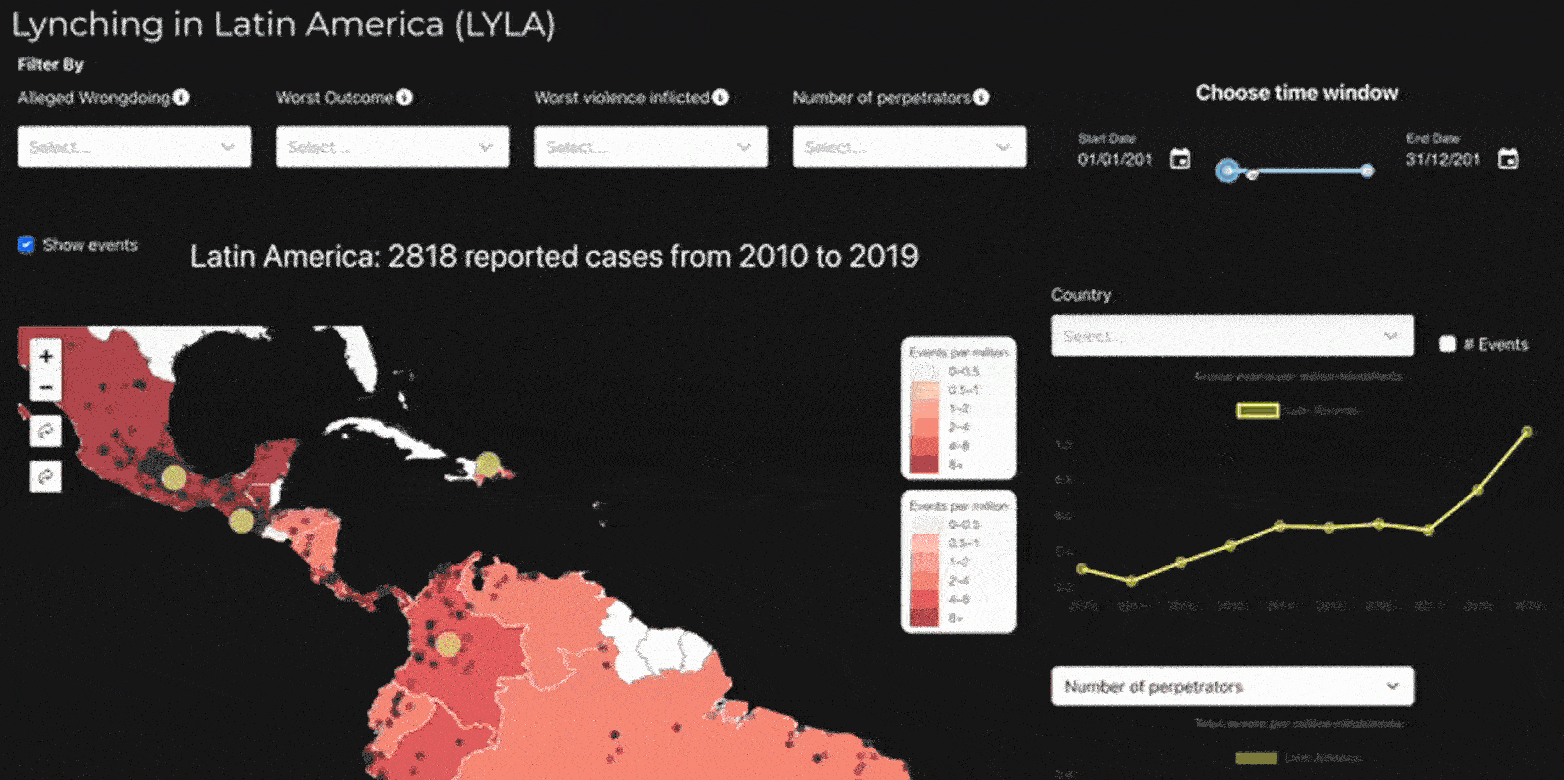
The Lynching in Latin America (LYLA) dataset has now been released. It was created by Enzo Nussio, Govinda Clayton, and a team of collaborators at the CSS and is the first cross-national lynching event dataset. The LYLA data captures 2818 reported lynching events across 18 Latin American countries from 2010 to 2019.
Russia’s Future as an Energy Power
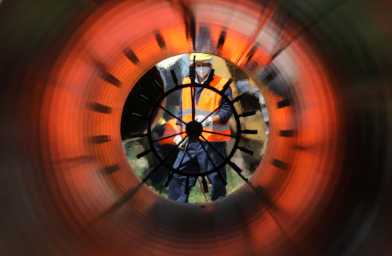
Russia’s invasion of Ukraine has far-reaching consequences for the global energy system and for Russia itself. Sanctions and fewer Russian natural gas deliveries to Europe have disturbed the balance between supply and demand in the fossil energy market. Whereas Europe has alternatives to Russian energy, these developments are threatening Russia’s status as a global commodities power, argues Jeronim Perović in this CSS Analysis.
The Climate Change – Security Interface
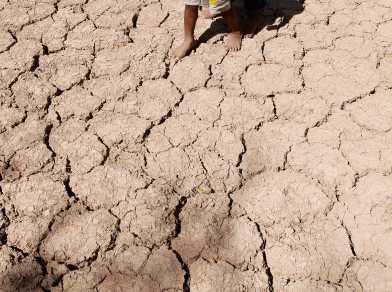
Climate change is increasing the frequency and scope of security challenges. This calls for greater collaboration across formerly often siloed policy fields, as illustrated in the context of climate change adaptation by Swiss Civil Protection and Switzerland’s priorities on the UN Security Council, argue Christine Eriksen, Andrin Hauri, Joane Holliger, Simon J. A. Mason, Fabien Merz and Benno Zogg in this CSS Analysis.
The Ukraine Drone Effect on European Militaries

The war in Ukraine is the first large-scale, high-intensity military conflict in which both sides deploy different types of drones extensively and to different military effects. European countries should take note to adopt a holistic approach on drones and anti-drone defenses, argues Dominika Kunertova in this CSS Policy Perspective.
Bulletin 2022 on Swiss Security Policy

This year’s Bulletin on Swiss Security Policy starts with an interview with Federal President Ignazio Cassis. In the following five contributions, our authors address the use of drones in the military, Switzerland's security and defense policy cooperation in the shadow of the Ukraine war, Swiss priorities in its UN Security Council membership, the interconnections between peace mediation and climate protection, and the role of technology in monitoring ceasefires.
Minsk’s Signals: Belarus and the War in Ukraine
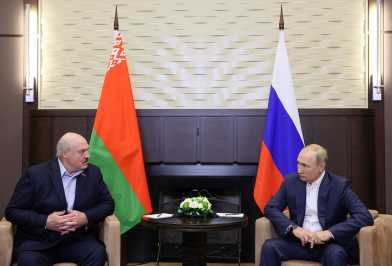
Russian troops have launched attacks on Ukraine from Belarus. The Lukashenka regime is Putin’s closest ally, but their interests diverge. It is thus key to differentiate and read the erratic actions and rhetoric from Minsk as signals towards east, West, and south, argues Benno Zogg in this CSS Policy Perspective.
The China Factor in Russia’s War in Ukraine
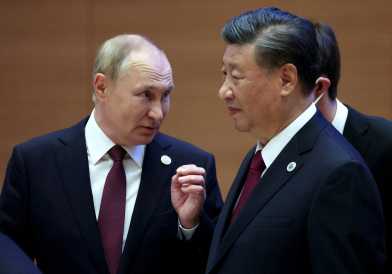
China appears to have growing concerns about Russia’s war in Ukraine. Although China is not prepared to abandon its partnership with Russia, Western leaders should aim to ensure that China’s support for Russia remains limited. They should also seek China’s support in dissuading Russia from using nuclear weapons, argues Brian G. Carlson in this CSS Policy Perspective.
Why conflict parties cease fighting
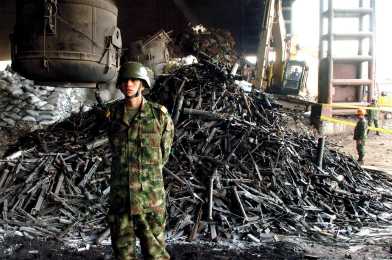
The path to peace usually leads through a ceasefire. In an international project, CSS researchers have shown the conditions under which parties to civil wars are willing to stop fighting – and why they decide to do so.
Ukraine’s Uncertain Path to the EU
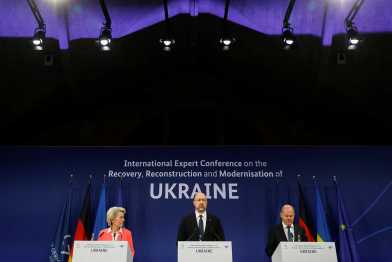
Solidarity with Ukraine in surviving a war of aggression must be accompanied by realism about the country’s ability to draw closer to EU membership. The sustainability of the accession process depends on straightforwardness about the hurdles posed by the Russian aggression and the domestic reform inertia, argues Henrik Larsen in this CSS Analysis.
Norms vs. Realities: Cyber at the UN
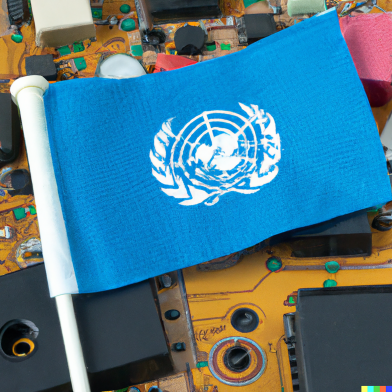
In the wake of Russia’s invasion of Ukraine, cyber norms discussions at the UN have reached an impasse. Tensions between the US and Russia have stalled substantive progress, particularly on issues of cyber conduct during armed conflict. Yet, the continued existence of the UN working groups is a small but positive sign for the future, as is the growth of norm discussion venues beyond the UN, argues Taylor Grossman in this CSS Analysis.